Understanding Copier Leasing: How to Choose the Right Copier Lease Agreement
A copier lease is an agreement between a business and a leasing company to lease a copier or printer instead of purchasing it outright. Leasing allows businesses to access the latest office equipment like copiers and printers without facing the upfront cost of buying a copier. With a copier lease, businesses can opt for different lease terms that meet their operational needs, such as a lease period of 24 to 60 months. This flexibility allows businesses to manage monthly payments more effectively while maintaining copier productivity.
Benefits of Leasing a Copier vs. Buying a Copier
Lower Upfront Costs
One of the major advantages of leasing a copier is the reduced upfront costs. When you lease, the initial expense is significantly lower compared to purchasing a copier outright, allowing businesses to allocate their budgets more effectively.
Flexibility in Upgrading
Leasing gives businesses the flexibility to upgrade to a new copier model as technology advances. This is particularly beneficial for companies that need access to the latest features and functionalities without making a large investment every few years.
Lower Monthly Payments
Another key benefit is the ability to spread the cost over time through lower monthly payments. These structured payments help businesses manage their cash flow more effectively, compared to a lump sum purchase.
Types of Copier Leases: Which Type of Lease is Right for Your Business?
FMV Lease (Fair Market Value Lease)
An FMV lease allows businesses to use the copier for a fixed period and then return it or purchase it at its fair market value at the end of the lease term. This lease type is ideal for companies that prefer to upgrade their copiers frequently without owning them.
1 Buyout Lease
With a 1 buyout lease, businesses can buy the copier for a nominal fee (typically $1) at the end of the lease period. This is a great option for companies that want to eventually own their copiers without paying the full purchase price upfront.
Operating Lease vs. Capital Lease
An operating lease provides the business with the copier for a fixed time without transferring ownership, while a capital lease functions more like a loan, eventually leading to ownership. Understanding these lease types helps businesses make an informed choice based on their needs.
Choosing the Right Copier for Your Business: Evaluating Your Copier and Printer Needs
Assessing Your Business Needs for Copier Usage
When choosing the right copier lease, it’s essential to evaluate your business needs. This includes considering how much you will use the copier for scanning, printing, and copying. Businesses with higher volumes of copier usage may require a multifunction printer that can handle both copiers and printers in one device. Additionally, companies should consider how their business operations might change over time, ensuring that the copier lease is flexible enough to accommodate those changes.
Understanding Copier Lease Terms and Agreements: Navigating Copier Lease Agreements and Costs
Understanding Copier Lease Terms and Lease Periods
A copier lease term typically lasts between 24 to 60 months, allowing businesses to choose the length that best suits their needs. Shorter lease periods may result in higher monthly payments but allow for quicker access to new copier models, while longer leases offer lower monthly payments but may lock businesses into older technology for a longer time.
Key Components of a Copier Lease Agreement
Lease Payments and Terms
The lease agreement specifies the monthly payments and the duration of the lease term. Understanding how these payments are structured is critical to managing your budget effectively.
Ownership and Buyout Options
Depending on the type of lease, you may have the option to purchase the copier at the end of the lease term. This section of the agreement will outline any buyout options, including whether it’s a FMV lease or 1 buyout lease.
Service and Maintenance Agreements
Most leasing companies include maintenance agreements that cover regular servicing and repairs. These agreements ensure that your copier remains in good working condition throughout the lease period, reducing downtime and maintaining productivity.
Finding the Right Leasing Company: Getting the Best Copier Leasing Quote
How to Choose the Right Copier Leasing Company
Choosing the right leasing company is crucial for a successful copier lease. Businesses should consider a leasing company’s reputation, customer service, and the range of copier models they offer. It’s also essential to evaluate their maintenance agreements and whether they provide flexible terms for upgrading to newer models during the lease period.
Getting a Copier Leasing Quote
Obtaining a copier leasing quote involves more than just evaluating monthly payments. Businesses should look at the total cost of ownership, including maintenance, repairs, and any hidden fees in the lease agreement. Comparing quotes from multiple leasing companies can help ensure you get the best deal for your office copier.
Evaluating the Leasing Company’s Offerings
When reviewing a leasing company’s offerings, consider the range of services they provide, including service and maintenance agreements, flexible lease terms, and the option to upgrade copier models. The right copier lease should offer the flexibility and support needed to keep your office operations running smoothly.
Managing Your Copier Lease: Maintenance, Service, and End of Lease Options
Maintenance and Service Agreements for Your Copier Lease
A maintenance agreement is often included in a copier lease agreement, ensuring that your copier is regularly serviced and repaired. This minimizes downtime and helps your business maintain productivity. It’s important to understand what is covered under the maintenance agreement, such as routine checks, repairs, and parts replacement, so that you can manage your copier usage effectively.
Upgrading to Newer Copiers: Leveraging Lease Flexibility
Many copier lease agreements offer the flexibility to upgrade to newer models during the lease term. This ensures that your business has access to the latest technology without incurring significant upfront costs. Upgrading can enhance your business operations by improving efficiency, speed, and productivity.
Navigating the End of the Lease Term
At the end of your lease term, you have several options: you can purchase the copier, renew the copier lease, or return the copier to the leasing company. If you decide to purchase the copier, it’s essential to understand the buyout terms, whether it’s a 1 buyout lease or an FMV lease.
FAQs about Copier Leasing
[rank_math_rich_snippet id="s-a4b2761d-f5e4-4d93-9cfc-0b617c1a6d00"]Selecting the right copier lease for your business requires careful consideration of your business needs, copier usage, and the various lease terms and agreements available. Whether you choose an FMV lease for its flexibility or a 1 buyout lease for eventual ownership, understanding the key components of the lease agreement and finding the right leasing company is essential to making the best decision.
By evaluating the total cost of ownership, factoring in service and maintenance agreements, and leveraging the ability to upgrade to newer models, businesses can ensure they get the most out of their copier lease.




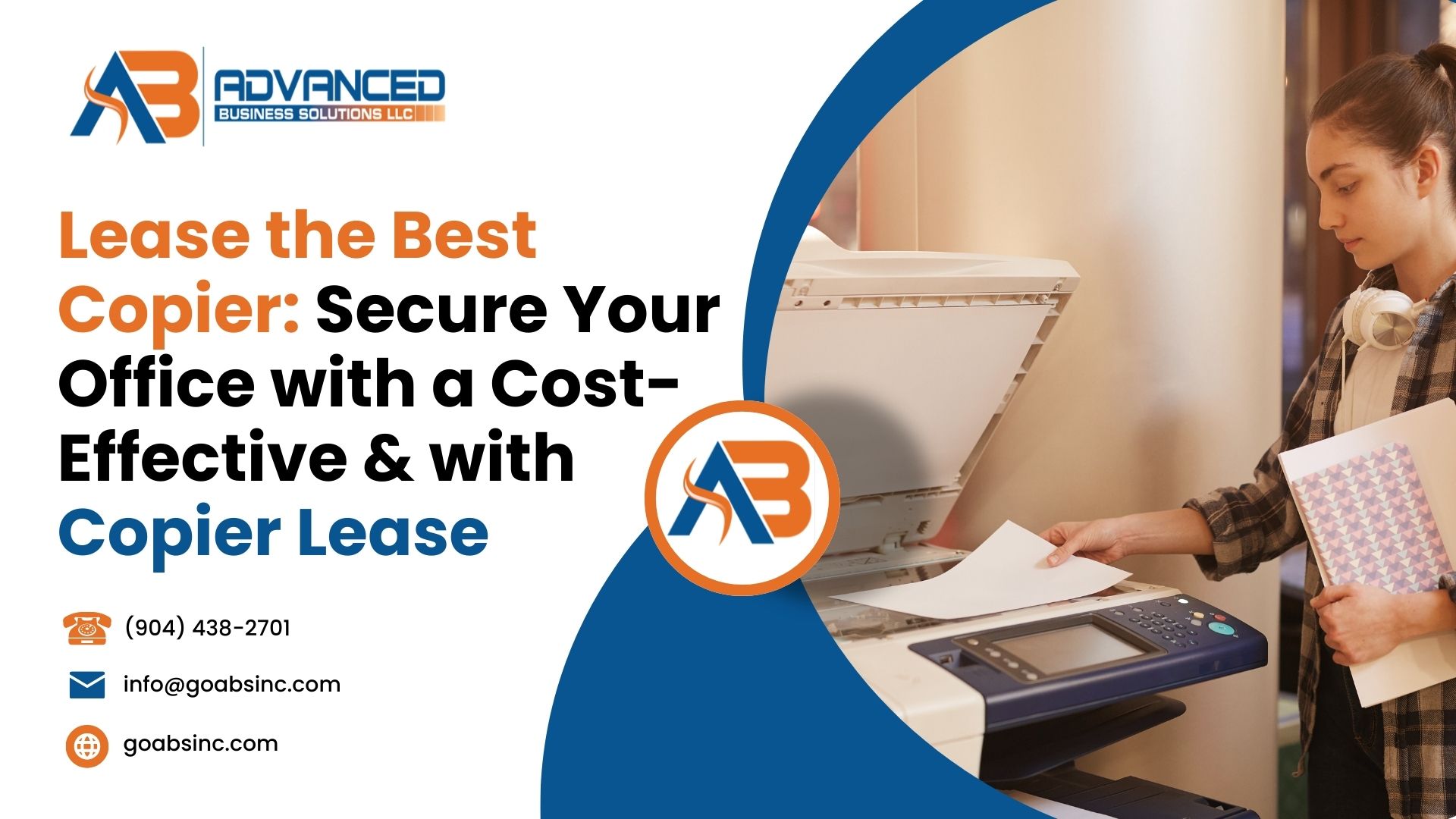
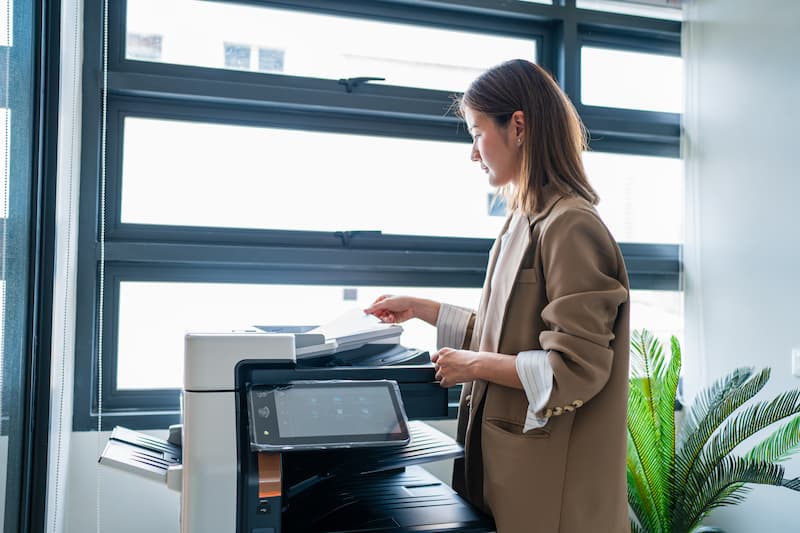
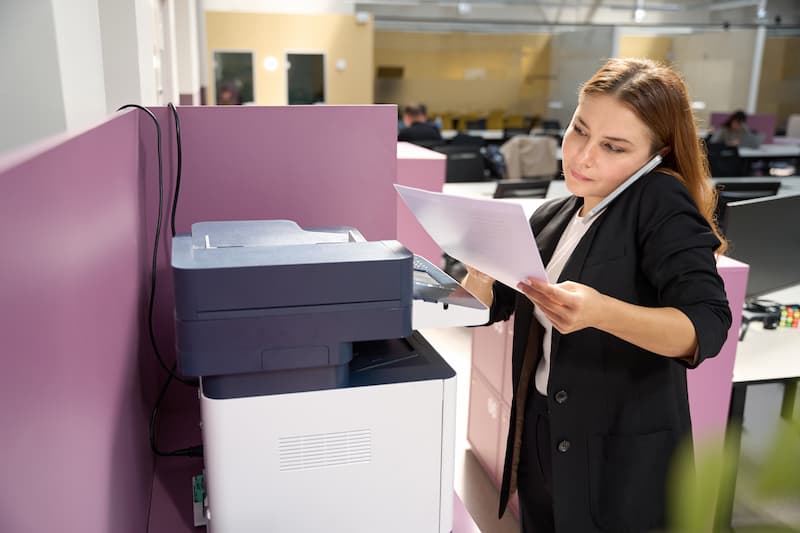
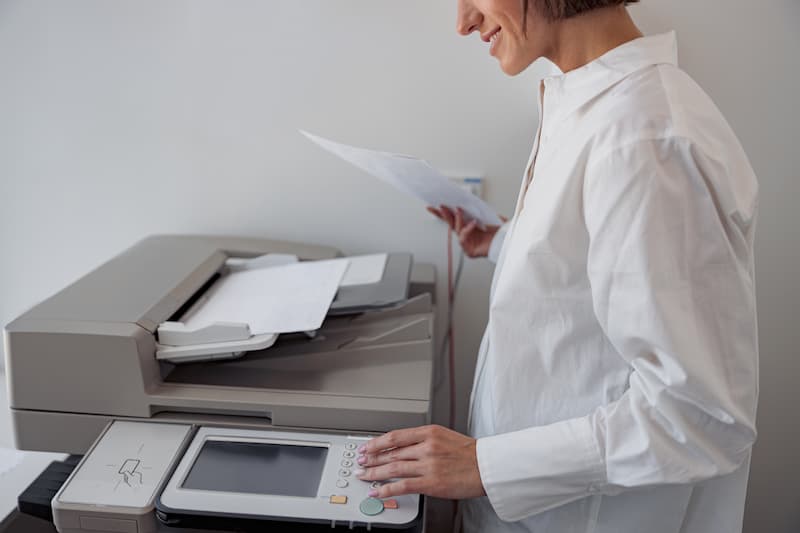
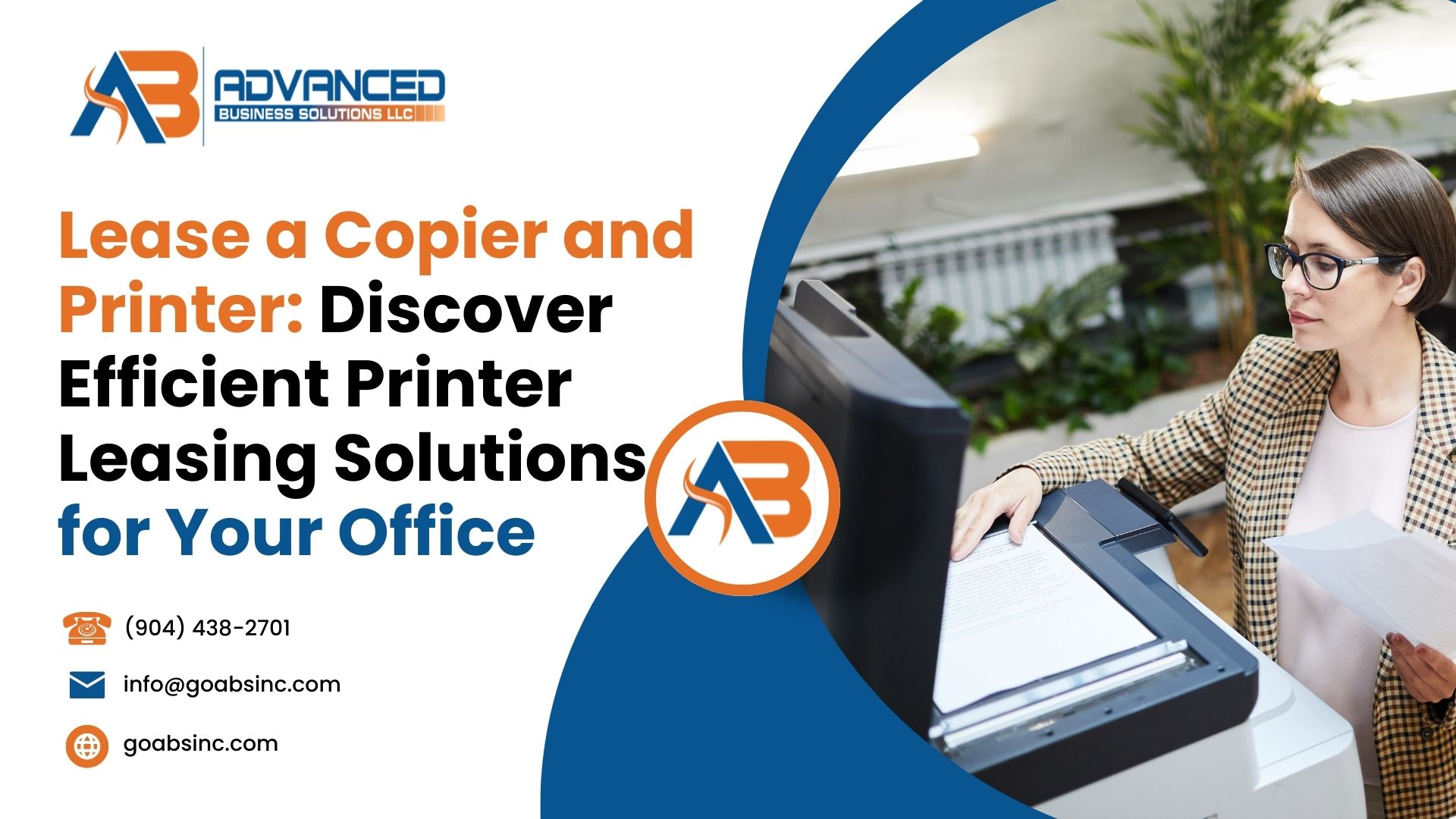
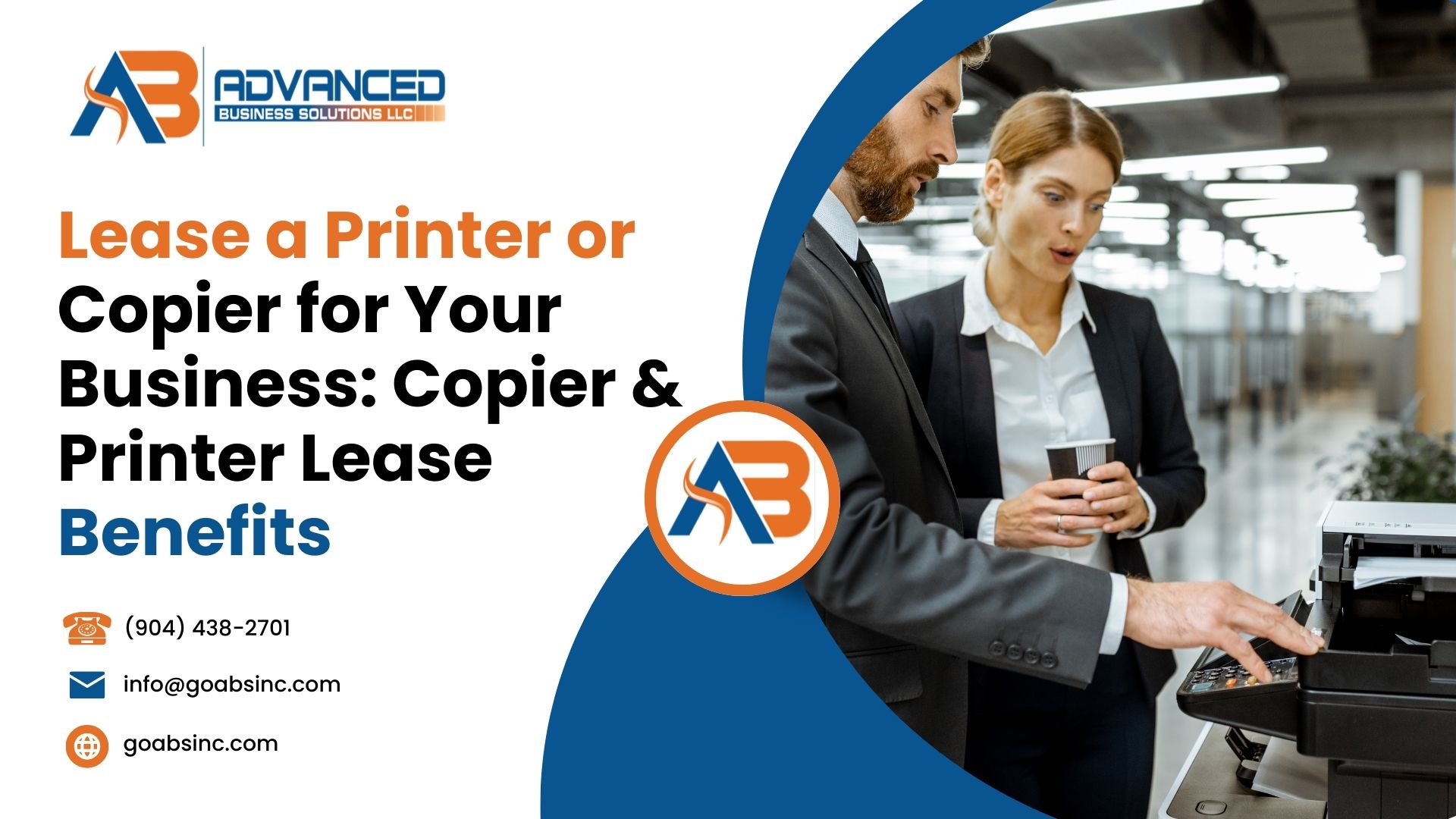
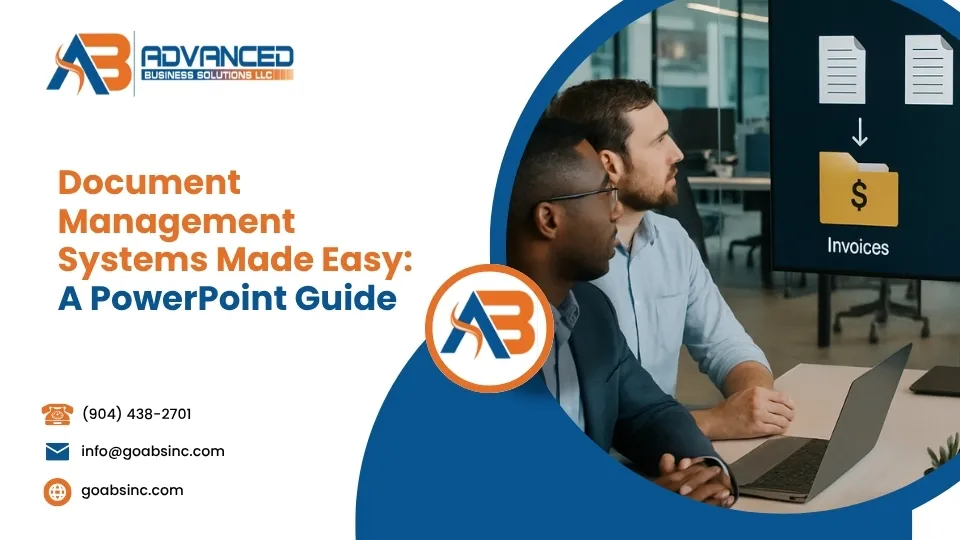

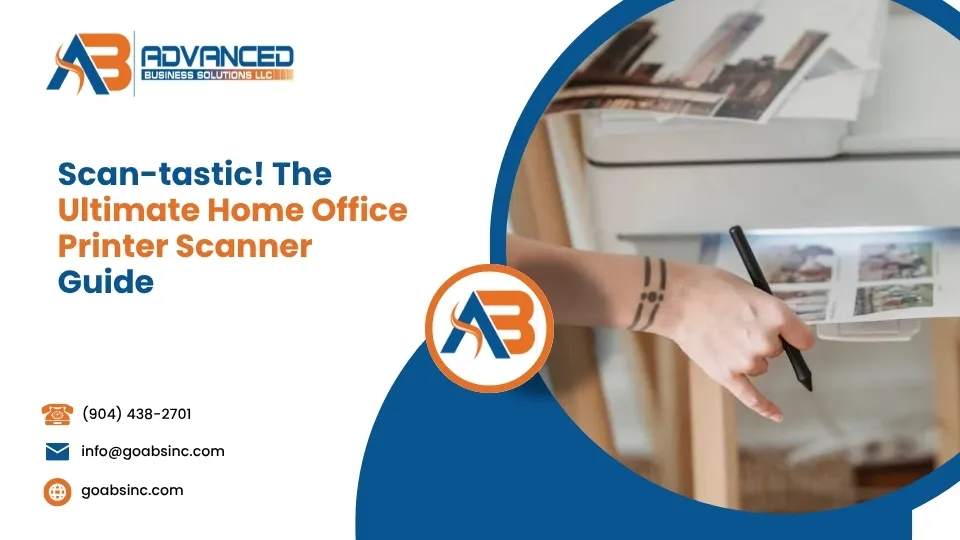
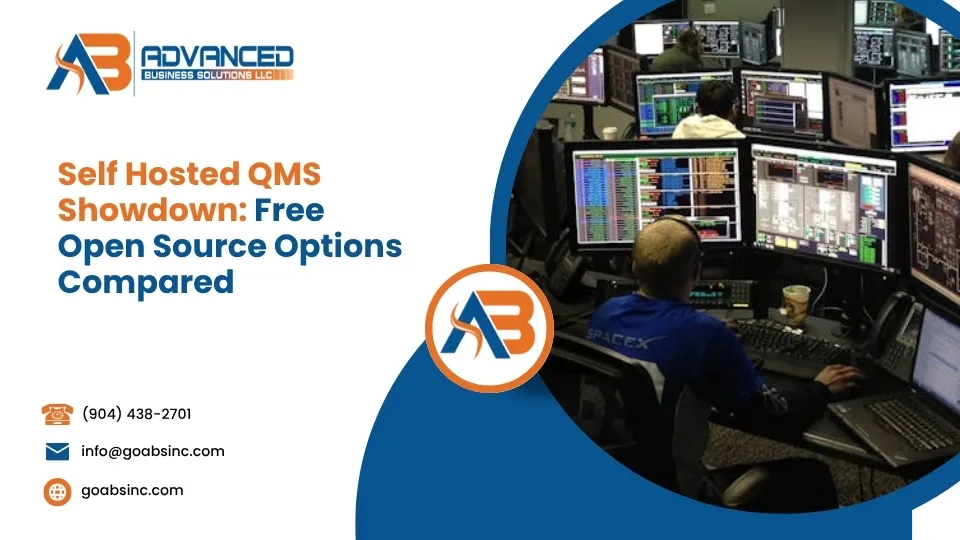
Comments are closed